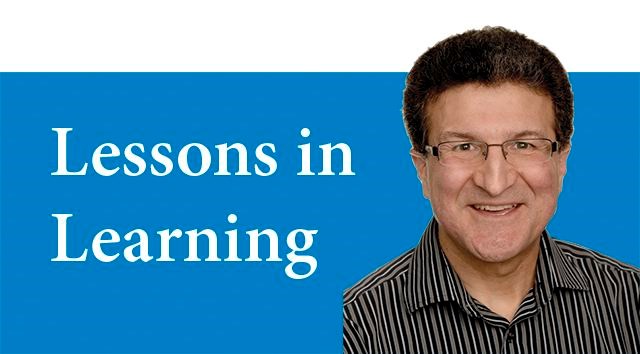The great spiritual leader Bahaullah said, "Ye are the fruits of one tree, and the leaves of one branch. Deal ye one with another with the utmost love and harmony, with friendliness and fellowship."
These are certainly high ideals for any society or institution. While we are making progress, we still have a long way to go. Canadians pride themselves on being a tolerant society that has made tremendous progress in recent years embracing inclusivity, but there remain certain prejudices which we seem to find more palatable.
Last summer, a student group at Dalhousie University in Nova Scotia decided not to participate in Canada 150 celebrations in solidarity with Indigenous groups who were protesting Canada's genocidal history. That sort of freedom of expression is vital to what we hold dear. Indeed, the prime minister himself dialogued with protesters last summer and listened to their concerns.
The problem with the Dalhousie protest was that a student leader wrote about it in social media using terms like "privileged white people" and further demeaning labels toward people of European descent. This sparked cowardly anonymous threats toward the student leader, but what is also unfortunate is that dissenting students were reluctant to stand publicly in opposition to her group's decision out of fear of being labeled "racist."
In fact, it was not until a female student spoke up, a person who had immigrated to Canada from India as a child, that legitimate protest within the student body began to gain momentum.
This brings to light two very serious issues that we are facing in Canada today. The first is that views like those of the student activist toward white people are considered acceptable by many in our society. The fact of the matter is that demeaning and prejudicial labels are inadmissible regardless of ethnicity, religion or gender.
Period.
The second issue is that a number of people feared expressing their disagreement with the student out of fear of being labeled "racist" themselves. This is especially disturbing in an institute of higher learning where diverse views should be welcomed and intelligently debated. The lack of such an open forum also gives rise to anonymous trolls spewing uninformed hate, as was also the case at Dalhousie.
As a high school social studies teacher who encourages research on often controversial topics, I have had to approach my administrators on more than one occasion with regard to the choices of my students. The response that I have been given has been to let the students research and present on the issues that they choose. My job is to ensure that thorough and legitimate research is done, and that when the report is presented to the class there is an atmosphere of mutual respect. To date, my students have never disappointed me. In fact, they have made me very proud.
Regardless of our personal opinions on particular issues, our neighbours have the right to express opinions which we may disagree with. This is vital in a legitimate democracy. What needs to be avoided, however, are prejudicial labels and all forms of disrespect.
Perhaps we need to follow the teachings of author and teacher Stephen Covey, who tells us, "Seek first to understand, and then to be understood." By doing so, it will become very clear if people are presenting legitimate and informed arguments, or if they are spewing apocryphal rubbish. From there we can choose to either walk away, or to have an intelligent and respectful discussion. These principles apply online as they do in person.
As global citizens, we are all breathing the same air and living from the fruits of the same earth. If we can respectfully share ideas and opinions, we can find a way through the challenges we face and make life better for everyone.



